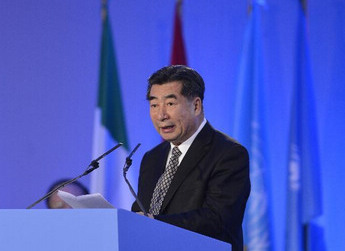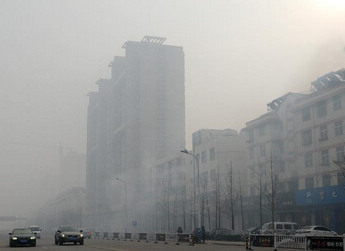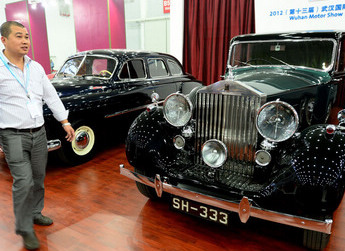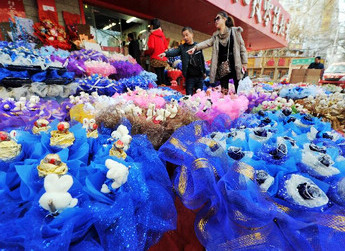
One debate surfaced around June 2011, when a spokesman for China's Ministry of Commerce said manufacturers of high-end goods could expect to see cuts in import duties. Later, an article appeared on the Finance Ministry's website, arguing that import duties should actually be increased in order to protect public interests.
Like the ministries, the public is divided on tariffs.
Tariff reduction opponents worry that slashing the tariffs would result in a loss of government tax revenue and endanger local businesses, while proponents believe such cuts would create more demand, resulting in more imports and ultimately more tax revenue.
Many also argue that tariff reductions may widen the country's already yawning wealth gap, because tax cuts on luxury goods only benefit the rich and most profits would be reaped by brand owners.
Those for the tariff reduction say that if people are buying the products anyway, keeping the buying at home would create more jobs and generate more revenue from consumer tax and rental fees.
Though consumers have called for tax cuts, this alone would not fix the country's problems related to domestic consumption. China needs to cultivate its own brands to rival foreign products and nurture a market of its own.
Currently, a prompt solution -- not a tit-for-tax debate -- needs to be worked out by the government to increase the competitiveness of China's market.

















 Young Spanish scientist has a career 'made in China'
Young Spanish scientist has a career 'made in China'


![]()
